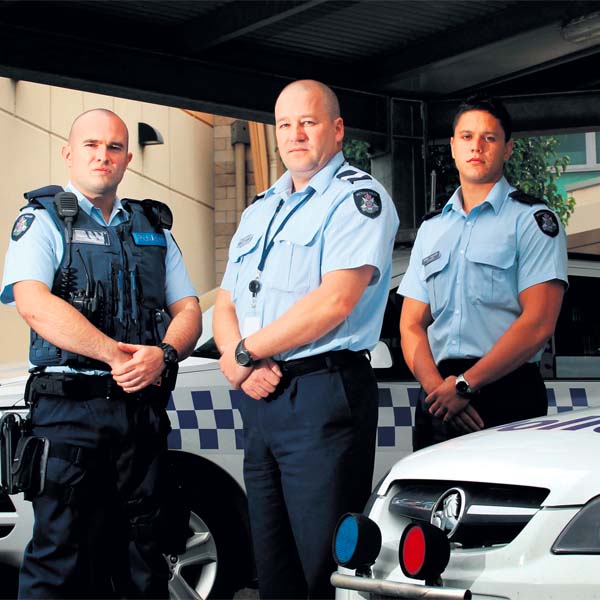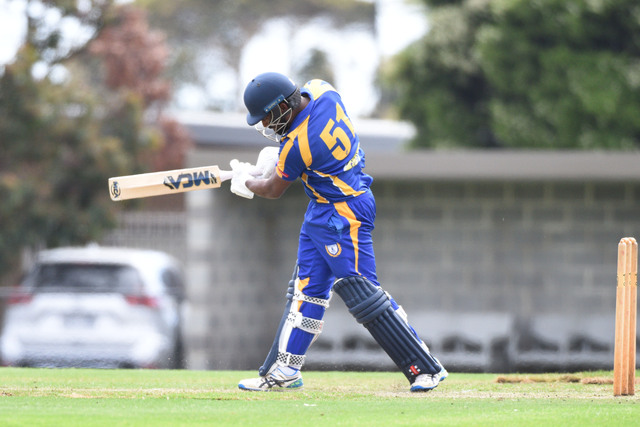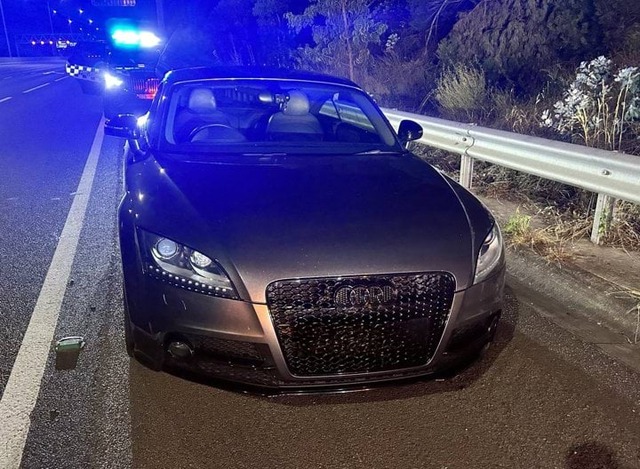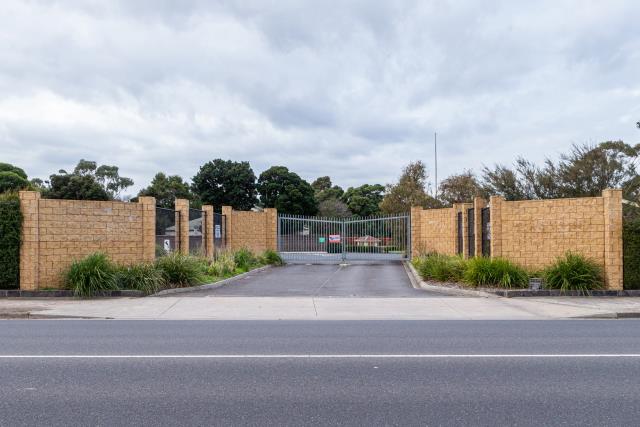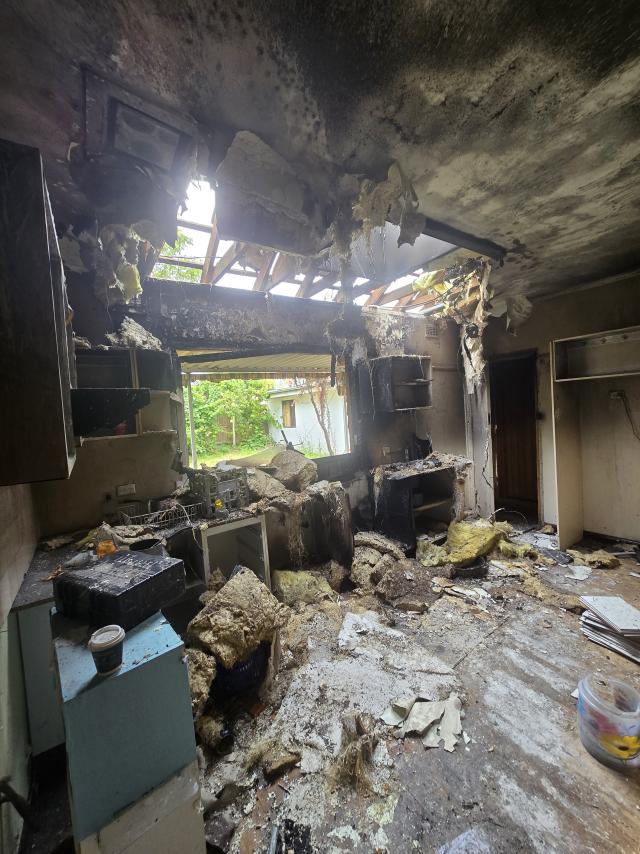Home is meant to be a haven but for some it’s a war zone. Catherine Watson meets those dealing with the mess of family violence.
Standing in front of the magistrate, some of them look sheepish, some defiant, some just plain scared. Not one looks scary. Yet they are all here because someone has been so frightened of them that they have called the police for help.
The strange thing is that the person they were hitting or threatening or abusing was almost certainly someone they loved dearly. And it almost certainly wasn’t the first time they had done it.
Welcome to the world of family violence, with all its messy contradictions. These are laid bare in the Dandenong Magistrates Court each Thursday morning as couples and families mill around waiting their turn to be called before the magistrate. On the day the Weekly visited the court, there were 80 family violence cases listed.
The numbers tell part of the story. In 2008, 489 incidents of domestic violence were recorded in Monash, either through the courts, police or hospitals. Up to 70 per cent of family violence goes unreported, however. Studies show that on average women put up with six incidents of physical violence before they report it.
Ringwood’s Pamela McConchie kept the violence in her home a secret for a long time, and never reported it to the police. At home, her partner would punch, kick and shove her, but he also cut her off from her support network.
“I couldn’t see friends as much as I wanted to, one because he would meet them and two because I never knew how he was going to react when we were there. He was just nasty and snide,’’ she says.
“I have the best lot of family and friends anyone could ever hope for. The shame of being in something like that is it didn’t allow me to tell them. I was living a lie in this relationship for 13 years.”
Finally leaving the relationship in 2009, Ms McConchie still doesn’t discuss it with anyone but her closest family. “There is such a stigma so it is easier not to talk about it,’’ she says.
Ms McConchie is a survivor advocate for Women’s Health East, working to ensure the issue of domestic violence comes out of the shadows. At first she was unsure about volunteering to take part in the program because she felt her story wasn’t ‘bad’ enough, but speaking out has helped her regain her confidence.
Sergeant Dave Sheppard polices domestic violence and is an ambassador for the White Ribbon campaign against violence against women. He says people worry too much about the unlikely prospect of assaults, thefts and murders.
‘‘Someone smashes your window and steals your laptop and that’s annoying. But the person you love most punches you then kicks you while you’re lying on the ground — that’s devastating.
‘‘I’ve wrestled a man off a woman. I’ve been called out to a lesbian couple where one’s got a pair of scissors sticking out of her back. I’ve got to a job where a woman’s been beaten up by her partner and when I’ve arrested him she’s jumped on me because he’s the love of her life.’’
Asked why he chose to work in this fraught area, he says that as a child he witnessed violence in his own family. ‘‘It forms part of who you are. I’m very careful in what I do in my family. It’s made me very black and white in my practice.’’
He says alcohol and drugs are a common factor in family violence, as is financial stress. When mortgage interest rates went up there was an increase. The same thing happens every time petrol prices rise. It drops over December and January but increases sharply over winter when people are stuck inside and can’t get away from one another.
‘‘As I tell my new guys, we’re never going to solve their problems. We are there to make sure the victims are safe.
‘‘If we attend three or more times we arrest them. You wouldn’t believe the number of women who breathe a sigh of relief because they’ve got a respite because he’s in jail — there’s an unbelievable change in them.’’
By the time a case gets to court the anger has subsided. The men — all but a few of the respondents are men — frequently enter the courtroom with their partners by their side. The relationship has been mended, at least for now.
Others enter alone, followed at some distance by their former partner, usually escorted by a family member or friend. The former partners’ eyes don’t meet.
You can feel the tension in the air but the ranting and raving and blows are gone. The atmosphere is calm and civilised, reinforced by magistrate Gerard Bryant’s courteous treatment of those facing court, like a bank manager addressing a customer.
Most of the respondents are being served with intervention orders that forbid them to assault or threaten a family member or members.
The beauty of the system is that they are not required to admit guilt or plead innocence; they merely undertake not to breach the order. Mr Bryant cautions each one of them that it is a court order, not a personal agreement.
He also advises them to seek help from the Men’s Referral Service. ‘‘I couldn’t count how many times men have made that call and gone to attend that service,’’ he says, ‘‘and come back almost evangelical about how it’s changed the way they treat women and children.’’
For many men, a single brush with the law is enough of a shock to change their behaviour, especially with the threat of two years’ jail and a $30,000 fine if they breach an order.
‘‘But you can’t be there 24/7. Some of them need to take responsibility for their own actions. I often ask a man who’s assaulted his wife or partner, ‘If you saw a woman walking down the street would you think it OK to punch her as hard as you could and stomp on her when she’s down?’
‘No.’
‘Well, why would you do that to the woman you love most in the world?’
‘‘You can see their faces fall.’’
* Men’s Referral Service, 1800 065 973 or 9428 2899. Lines are open 9am-9pm Monday to Friday.
* Women’s Domestic Violence Crisis Service, 1800 015 188 or 9322 3555. Call any time.

